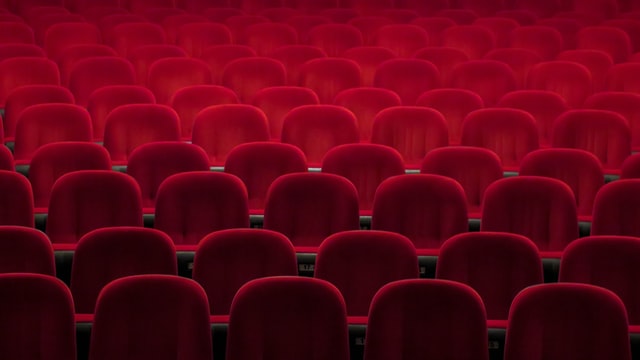The film, ‘Good Will Hunting’ directed by Gus Van Sant and played by Matt Damon, was about an unknown genius who, as part of a disrupted trial after assaulting a police officer, he becomes a psychiatrist’s client and learns advanced mathematics with a widely known professor. Will Hunting is a headstrong, employed-class genius who struggles to understand the lessons of life. The Gender/ feminist lens and a Marxist lens are the lenses chosen by the writer.
Will Hunting is a mathematical genius who grows up on the wrong side of the path. As a child, he witnessed tremendous physical abuse. Once Will goes on a date with Skylar, a rich Harvard student performed by Minnie Driver, he lies to her about having 12 brothers. This teaches everyone about the pain he carries about becoming an abused child. As the love between Will and Skylar develops, so does the trust. As Skylar encourages Will to come to California with her to join the med school, Will is behaving out of all the classic avoidance techniques of someone who avoids disappointment out of guilt. He shows his discomfort in the idea of going to California with Skylar, where she may find something else out about him that she doesn’t like and doesn’t want to be with him anymore. Instead, he makes up explanations by not being ready to go to California. In this situation, Will fears rejection, attachment, insecurity, and weakness to the level that he is ready to go against his life’s love. Will was taken to a psychiatrist or therapist. Healing is taking place between men. They are not saying that this can’t possibly happen with a woman therapist or a female partner, but in this experience, women have a difficult time understanding about men’s guilt without judging. Will Hunting wore a lot of armor like many men. It takes a lot of patience to break through the obstacles and touch the heart of a person. At one point, Will drags Sean, but Sean manages to keep taking the lead and restating, “It’s not your fault.” and then Will starts crying and he says, “I am sorry.” Although Sean started telling him over and over that it was really not his fault, Will took the responsibility for everything. The tears wash it away all this unreasonable guilt and fear.
Will Hunting is a janitor at the Massachusetts Institute of Technology, where he soon finally finds that he’s more than just a janitor and that he’s a total genius. In today’s society, the lower classes tend to be criticised for their less bad circumstances, and blue-collar people are stereotyped as uneducated and unenlightened, and there is a false belief that if only they worked a little harder, and some intellect, they would easily start rising through the ranks of the cultural and social-economic ladder. However, such ideas are addressed in the movie Good Will Hunting. Through the progress of Will Hunting’s best friends as characters and the awareness of the gap between the social groups, they show that due to unbalanced opportunities and the real possibility of upward stability, hard work is not enough to break out from the working class. They want Will to have a high and decent job. Understanding the gap between the cultural and social-economic classes, the interpretation of Will Hunting and the honestly thought-provoking private conversations Will has had with his therapist, they manage to totally eliminate the stereotypes that define the working class as lazy and unintelligent.
Gus Van Sant, the director of the movie, silently examines the reality of child abuse, which is more typical in lower-class families, and through it delivers a taste of the compilation of cruelties that affect the working class, by giving the listener the real perpetrator of the cycles of poverty.
